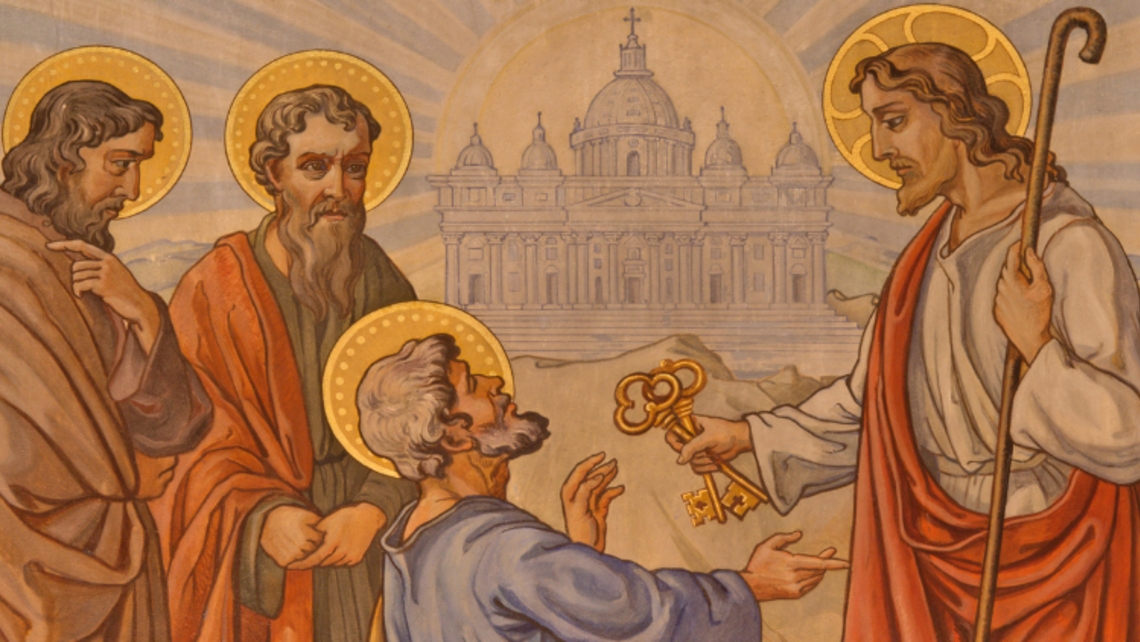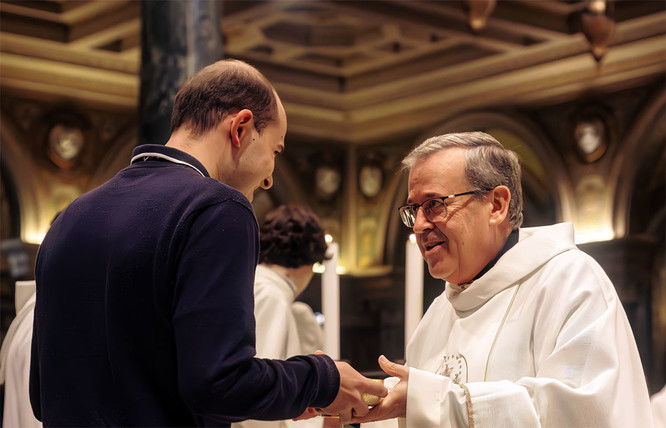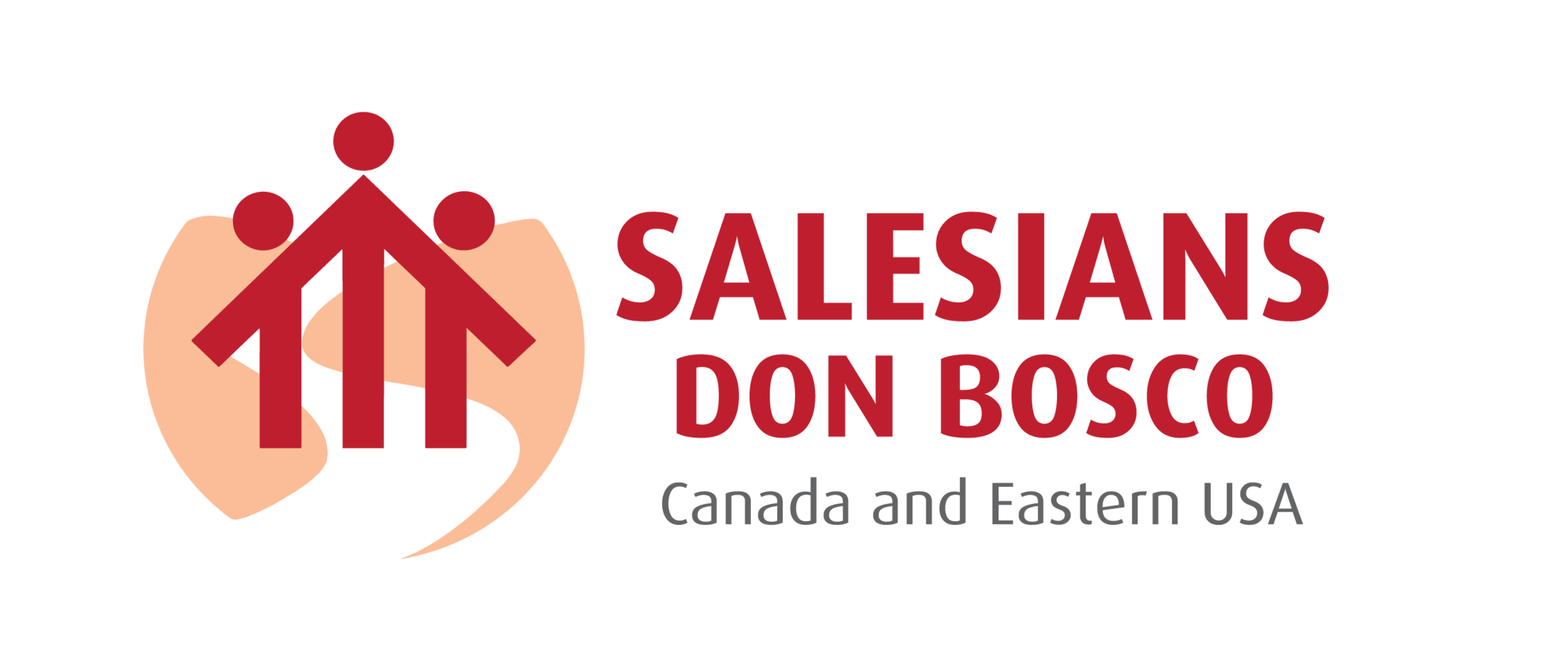
Jesus’ encounter with Peter illuminates and depicts with a particular light our mission as evangelizers and educators

greets a young man
Credit: Agenzia Info Salesiana (ANS)
Message of the Rector Major Fr. Fabio Attard, SDB
In the last chapter of the Gospel of John, chapter 21, we find Jesus’ encounter with Peter. We read a dialogue that is built on three questions and then ends with a mandate (John 21:15-23). I would like to comment on this encounter which casts a particular light on our very mission as evangelizers and educators. It is a passage that presents a fundamental moment in Peter’s life and also in the mission of the nascent Church. For us who are engaged in the Salesian mission, it is also rich in educational and pastoral meaning.
After the resurrection, Jesus appears to the disciples on the Sea of Galilee and, after sharing a meal with them, turns to Simon Peter with three successive questions, which touch directly on His relationship with Peter: “Simon, son of John, do you love me?”
In the first two questions, what Jesus asks for is a demanding love that does not count the cost. This question, asked twice to Peter, is demanding and challenging. Peter is aware of his weakness caused by his denial. For this reason, his answer both times is, indeed, one that testifies to love, but to a love that is more human, that is fragile. In the face of these two answers, Jesus still entrusts him with the care of His flock.
It is the third question that puts Peter in crisis because Jesus asks Peter precisely for the commitment to that love of which he is capable: human love with its weaknesses, fragility, and limitations. We can say that Jesus calls Peter to a “high” love, but he does not want to put him in a situation of impossibility, of being discouraged.
Peter, for his part, realizes both the fact that his love is weak and the fact that Jesus does everything He can to help him not to give up. He wants to be sincere and stay close to Jesus. And his answer to the third question is a testimony of how his heart, even if wounded, wants to be placed entirely in the hands of Jesus: “Lord, you know everything; you know that I love you.” (v. 17)
Thus, we discover that this is not only a threefold dialogue that recalls and surmounts Peter’s threefold denial before the Passion. Here we have an example of a dialogue that marks a path based on that true love which fosters reconciliation and encourages growth and responsibility with regard to oneself and others. We catch a glimpse of how this dialogue between Jesus and Peter is a model of spiritual and human education.
Here are some observations that are useful to us who accompany children and youths in their growth and maturation.
True love is based on trust that never fails
After the denial, Jesus not only forgives Peter, but He goes even further: He entrusts him with a greater responsibility. This represents an extraordinary educational lesson for us: the trust given is a renewed confirmation of the respect we have for the person. It is a love that confers both dignity and responsibility.
Jesus does not limit himself to forgiving, but gives Peter back his mission, enriched by a new understanding.
Respect for individual times and paths
Peter’s denial foretold by Jesus is not followed by the commonplace reaction of “I told you so!” Jesus “sees” denial, but He also “sees” beyond. Jesus’ love is a love that knows human weakness but has the strength to stir up the seed of goodness within the wounded heart — and this seed never disappears. Here we see how Jesus finds what Don Bosco called “the point of goodness in the heart of every boy” and does everything possible to make it emerge. Evil committed must never have the last word. The last word must be spoken only by love, the charity of the Good Shepherd.
This means having correct patience and respect for the right moment. Experience teaches us time and again that evil committed only needs to be met with affection, patience, and compassion, especially where children and youths are concerned. Don Bosco comments on this very well when he speaks of the Preventive System. The moment when children and youths feel they are surrounded by a mature and adult love, which facilitates and does not condemn, which listens and does not command, propels that hidden but ever-present point of goodness toward the good. It is a spring that sets in motion surprises of goodness that often have been either forgotten or overwhelmed by negative experiences lived and/or suffered.
How urgent it is today that our children and youths find healthy and mature, patient and far-sighted adults, parents, and educators! Authentic are those paths that respect the uniqueness of the person with his weaknesses but also with his potential. We are true benefactors when we can see time as a space for gradual and consistent growth. It is an attitude that avoids proposing or, even worse, imposing standardized models that put people into boxes.
Comparisons and the temptation to compete
Toward the end of the encounter between Jesus and Peter, there is a detail about which I would like to make a comment. Peter asks Jesus about John, “And him?” Jesus cuts him short, as we say today: “If I want him to stay until I come, what does it matter to you?”
It is a very curt answer, and one that is a good lesson for Peter. In a nutshell, Jesus invites Peter to focus on his own growth without asking curious and useless questions about others. And this “dry” answer remains for us! To be responsible and help others toward self-responsibility also implies clarifying boundaries so that the growth process does not go off-track. The risk of making comparisons and being in competition with others is detrimental. The true educational path is personal, not competitive. Diverting one’s attention from oneself to look at others diverts attention from one’s own journey.
Conclusion: education as a relationship of love that begets the future
The passage culminates in the invitation, “You follow me.” These three words contain the essence of the Christian educational process: personal discipleship, direct relationship with the Master. Authentic education is not the transmission of concepts, but an introduction to a living relationship.
The threefold “Do you love me?” reveals that love is the foundation of every authentic educational relationship. Only when the educator truly loves the student, and the student responds with love, is that space of freedom and trust created in which the person can grow fully. Christian education, the Salesian experience, finds in this passage a sublime model: a process of transformation based on love, forgiveness, trust, and respect for freedom.






